Mr. Tran Thai ( Hoa Binh City, Hoa Binh Province) asked: I know that diabetic complications are very dangerous for diabetic patients. Doctor, please tell me what diabetic patients need to do to avoid dangerous complications?
Regarding this issue, Dr. Nguyen Dang Quan, Deputy Head of the Department of Intensive Care, Central Endocrinology Hospital shared: It can be said that diabetes is a dangerous disease. It can cause many dangerous complications for the patient's body, one of which is infection. When blood sugar increases, the patient is at risk of recurring infections many times. If not detected and treated promptly, these complications will leave extremely dangerous consequences.
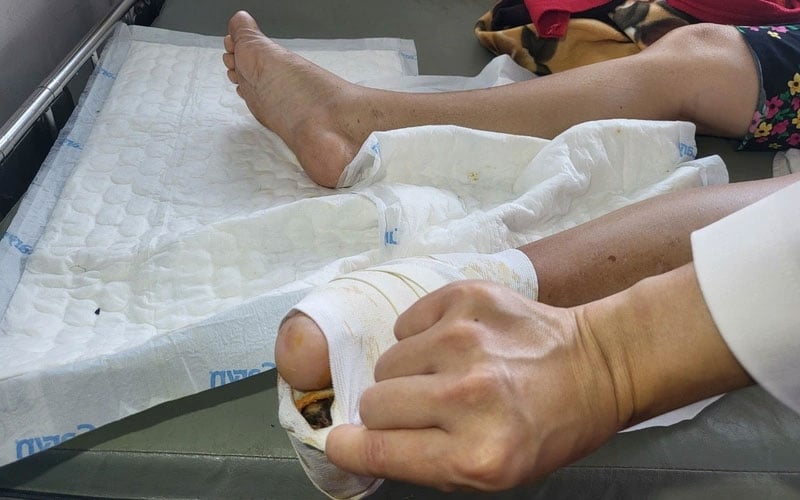 |
| Diabetic patient with foot necrosis complications. Photo: VTV |
Infectious complications are a condition in which a person with diabetes is infected with a certain type of microorganism, causing an infection ranging from mild to severe. Usually, this infection is persistent and often recurs. Common types of infections include: urinary tract infections, lung infections, skin-soft tissue infections, dental infections...
To prevent infectious complications in general, patients need to: Control blood sugar and associated diseases well by taking medication as prescribed by the doctor, have a healthy diet and exercise daily. Practice proper oral hygiene, use soft toothbrushes, brush teeth regularly and avoid causing damage to the oral cavity. Always wear a mask when going out or in contact with crowds. Get a seasonal flu shot every year. Keep the external genitalia clean, do not hold urine and drink plenty of water.
Patients need to always keep their skin clean, do not bathe in hot water (risk of burns due to sensory disturbances) and use mild moisturizing soap; keep the skin dry in areas that often rub against each other such as armpits, groin, between toes; cut toenails and fingernails regularly. For wounds, clean with saline or alcohol and bandage scratches and skin tears as soon as they are discovered. When there are infectious complications. If diabetic patients are not detected and treated early, there is a risk of serious complications affecting the patient's health and life. Diabetic patients need to comply with treatment, have a suitable diet and exercise regimen. When there are unusual symptoms, patients need to go to medical facilities immediately for examination, testing and appropriate treatment to avoid unfortunate complications.
Health-related questions should be sent to the “Your Doctor” column, Economic -Social-Internal Affairs Editorial Department, People's Army Newspaper, No. 8 Ly Nam De, Hang Ma, Hoan Kiem, Hanoi. Email: kinhte@qdnd.vn, kinhtebqd@gmail.com. Phone: 0243.8456735.
*Please visit the Health section to see related news and articles.
Source



![[Photo] Students of Binh Minh Primary School enjoy the full moon festival, receiving the joys of childhood](https://vphoto.vietnam.vn/thumb/1200x675/vietnam/resource/IMAGE/2025/10/3/8cf8abef22fe4471be400a818912cb85)



![[Photo] Prime Minister Pham Minh Chinh chairs meeting to deploy overcoming consequences of storm No. 10](https://vphoto.vietnam.vn/thumb/1200x675/vietnam/resource/IMAGE/2025/10/3/544f420dcc844463898fcbef46247d16)
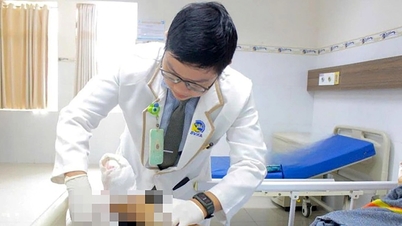


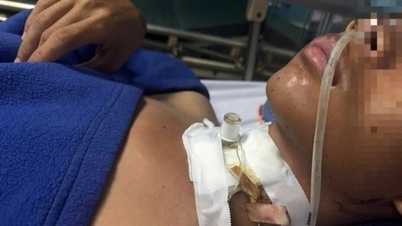






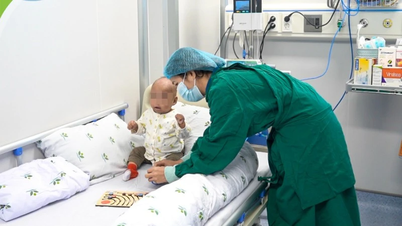

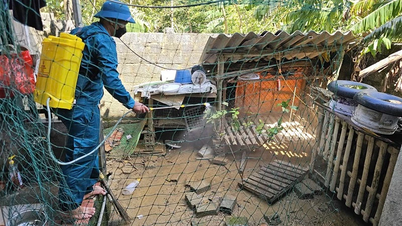




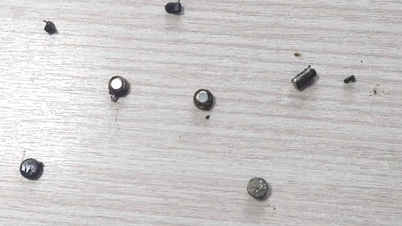






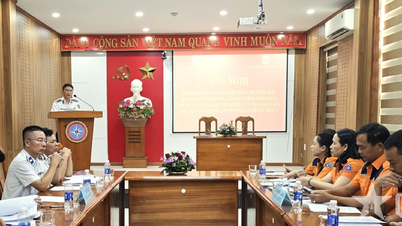









































































Comment (0)